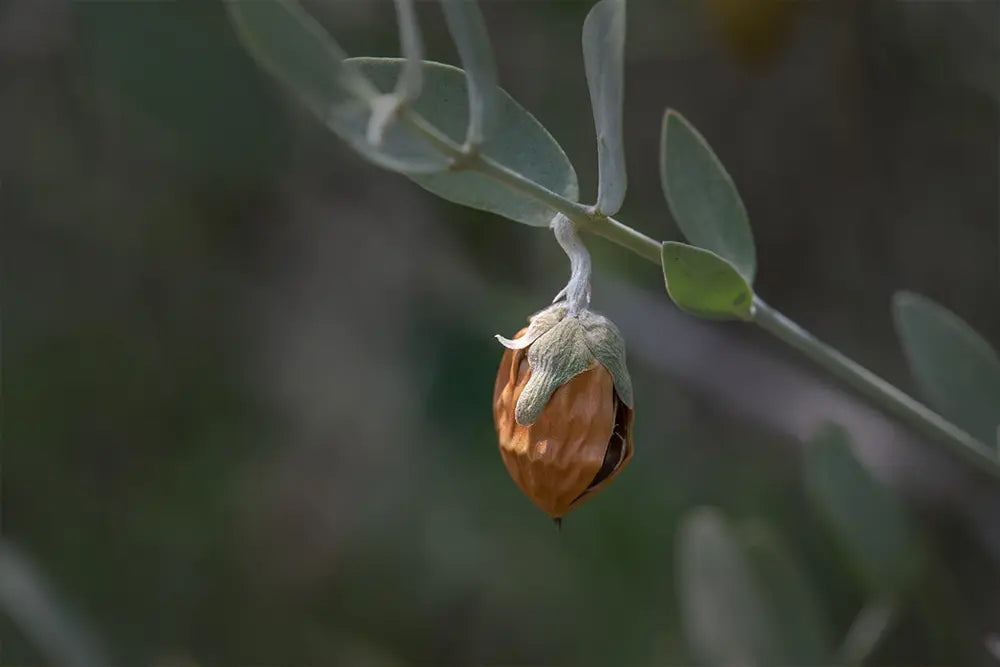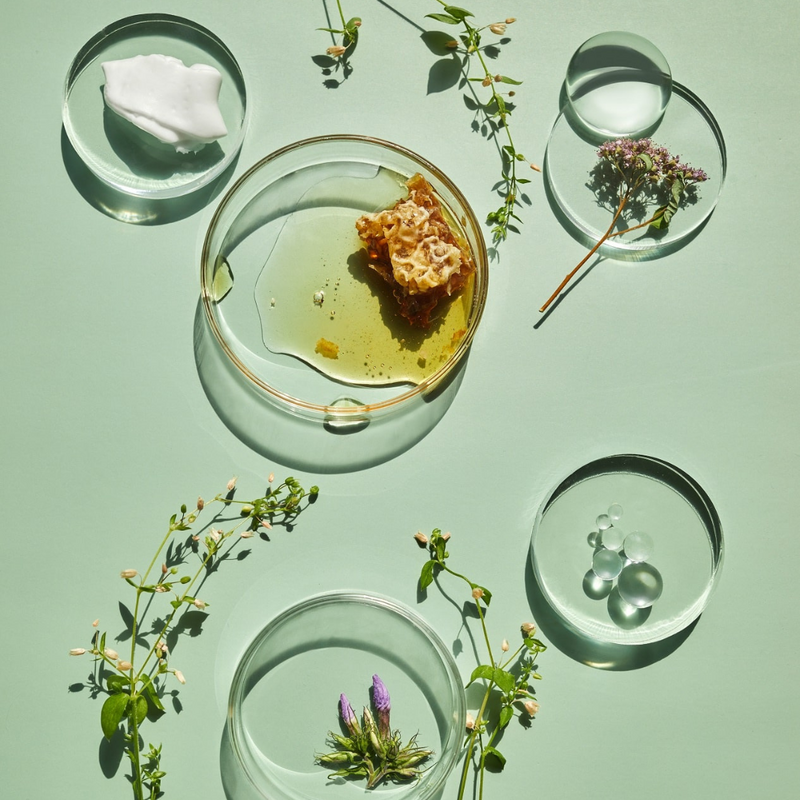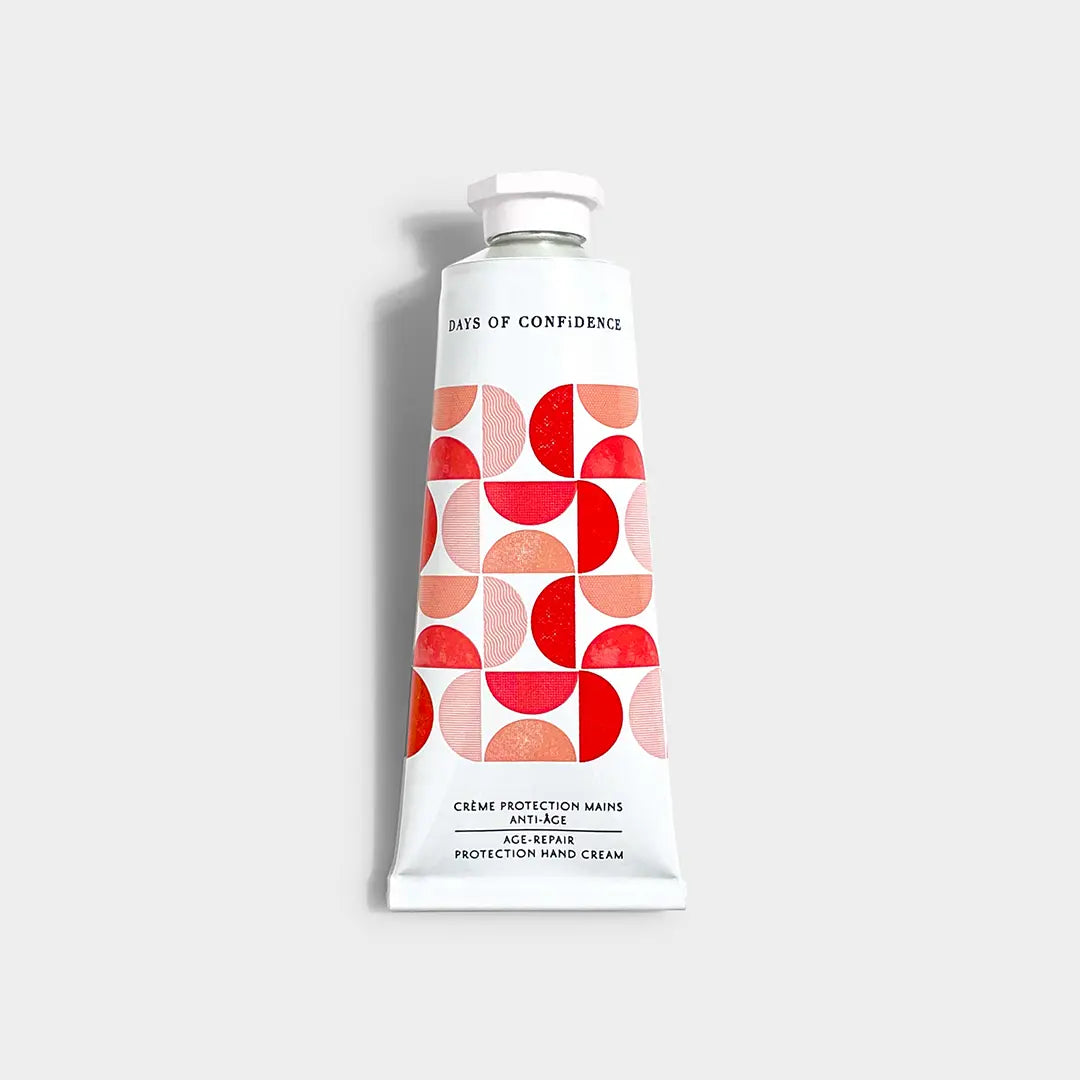Reducing our carbon footprint, supporting the employment of those who live near us, consuming local products is good for the environment and the economy.
Many of us prefer to purchase food and clothing products from France and Europe. But is this proximity requirement applicable to the ingredients of our beauty products?
Produce and consume locally? A social issue.

It's a fact: consumers' attention is increasingly focused on the origin and place of manufacture of the products they consume. 80% of them also say they regularly buy local products, perceived as more qualitative and therefore a guarantee of trust. Using local ingredients to create natural and responsible cosmetics has many advantages . Transport constraints and therefore greenhouse gas emissions are reduced compared to long-distance supply chains.
Cosmetics created from local natural ingredients are also an excellent outlet for certain agricultural sectors. Applying them to your skin therefore constitutes real support for employment and the economy of our regions. For a French cosmetics brand committed to virtuous consumption, it seems obvious to favor natural ingredients from French agriculture.
Flax , used in cosmetics for its oil rich in omega-6 and omega-fatty acids, comes for example from the northwest quarter of France. Hemp oil , which also contains a good vitamin E content, comes from farms in the northern half of France. The cultivation of this extremely useful plant constitutes a beautiful reservoir of biodiversity and does not require any phytosanitary treatment.
Giving priority to locally produced components, whose exact origin is known, means controlling the traceability of its ingredients and guaranteeing its users quality products. Beyond meeting a quality requirement, using local ingredients in the composition of cosmetic products also means affirming the ecological and societal commitment of the brand.
What is a local ingredient?

But how do you define a “local” ingredient?
In reality, there is no official definition in French law and each structure - whether public or private - establishes its own geographical criteria. And there is room for interpretation. For some, “local” means produced within a few miles. For others, the production zone can be within a radius of more than 600km!
If the notion of distance remains important when we talk about “local”, only one condition is required: no more than one intermediary between the producer and the consumer. In fact, everything depends on the pact of trust that unites the brand with its customers. Consuming 100% products coming only from your region or country seems realistic today when it comes to food. When it comes to cosmetic products, the challenge is a little more difficult to meet.
Many quality raw materials are quite accessible in our latitudes. However, certain ingredients with specific virtues only grow naturally in certain regions of the world, and only there. However, they are essential to meet the efficiency standards that are sought in quality cosmetic products.
If many labels control the percentage of ingredients from organic farming, nothing obliges brands to make efforts on the origin of the products they use. For a well-being and beauty care brand that aims to be ethical and responsible, being transparent about the provenance of its natural raw materials is therefore essential. This is why we systematically indicate the geographical origin of all our ingredients.
French “super ingredients”

We produce our bio-active cosmetic products in France. As part of environmentally friendly manufacturing processes, we use as many natural, organic ingredients as possible, of local origin and carefully selected for their qualities and their benefits on the body.
Committed to transparency, as a French brand we precisely display all of the components we use and their origin, whether on the product pages of our site or in a complete glossary .
Out of 77 main ingredients used in its beauty products, 55 come from France or Europe , or 71.5% of all raw materials. Among the 32 components produced in France, we find for example red algae from Brittany, which acts on skin microcirculation, linseed oil from Mayenne and Maine-et-Loire, valuable for cell regeneration, or also camelina seed oil from the South-West, known to fight against skin aging.
Still among the "French origin" ingredients, let's also mention corn starch , which is a natural thickener which leaves a silky texture on the skin, calendula , which provides antioxidant protection and stimulates the production of collagen by fibroblasts, or well again organic chlorella , a freshwater algae which promotes the elimination of toxins.
These French “super ingredients” come from organic farming. ECOCERT/COSMOS ORGANIC certified, the Day of Confidence cosmetic range contains between 50 and 95% organic ingredients , well beyond the 20% required.
Raw materials from sustainable sectors

As we have said, certain beauty formulas require very specific plant or mineral ingredients which simply do not exist in France and Europe. It is therefore necessary to look for alternatives, without compromising on quality.
It's difficult, for example, to ignore jojoba oil , which comes from America and Oceania. Very well known, this oil rich in monounsaturated fatty acids is closest to human sebum. Softening and softening, it penetrates the skin quickly without leaving a greasy film to boost collagen production. We understand its interest in developing creams and soothing oils for the face.
To compensate for these concessions, we are constantly looking to develop satisfactory alternatives to these distant products. But this is not always enough. In these cases, we are forced to source ingredients, always prioritizing high environmental and societal quality criteria. We believe the world has an incredible wealth of natural products to offer. But where should we place the cursor between local sourcing but not necessarily organic, and organic ingredients but coming from another country? We decide on a case-by-case basis, seeking the best balance between the environmental quality of our ingredients, their effectiveness and the region of the world where they were produced. In all cases, the raw materials we select always come from a sustainable and ethical supply chain.
Since offering cosmetics made from 100% local ingredients is still an unattainable ideal, we are keen to be transparent about our manufacturing methods, as well as the naturalness and quality of our raw materials.
At Day of Confidence , we embrace the choice of manufacturing our cosmetic ranges in France using natural ingredients of the highest quality, from organic farming. Even if this means, for some time to come, sourcing them further than our fields and gardens. This transparency is the key to the relationship between the brand and the women who trust it.
Reconciling efficiency, high quality requirements and eco-responsibility: what if this was the formula for meaningful beauty?














